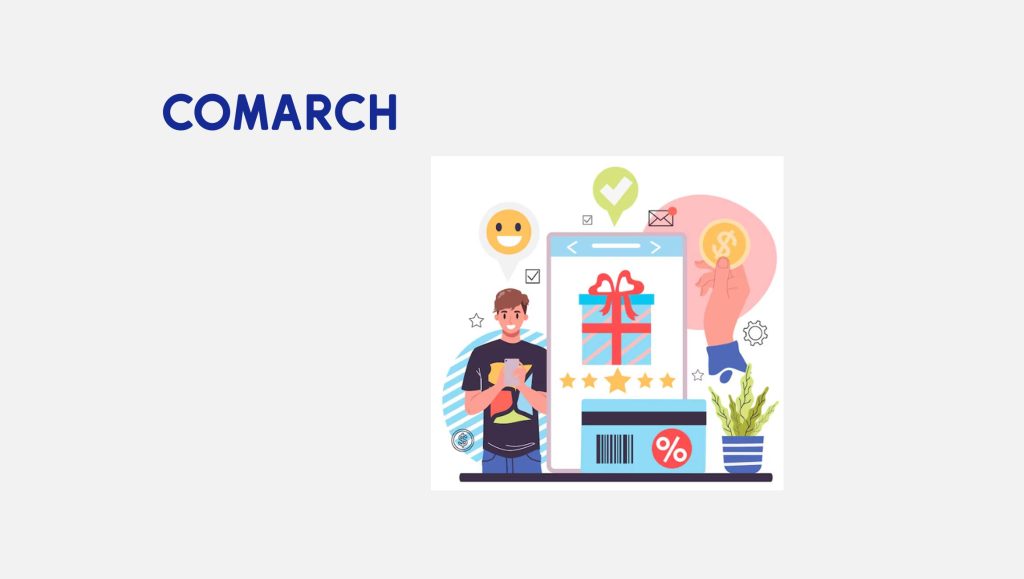Like most niches within the SaaS marketplace today, the sales intelligence market too has shown extensive signs of expanding and is projected to grow at a CAGR of 10.6% until 2030.
This points to the fact that there are constantly new integrations, innovations and capabilities being added to existing platforms and also, a fair bit of entry into the market by newer players.
With so much choice today, it can become challenging for B2B teams to identify a platform that helps achieve better streamlined processes and eventual growth.
Most seasoned B2B teams will already sport a set of martech-salestech tools as part of their arsenal to help drive their goals. But with so many innovations in the marketplace, what should B2B teams look out for, or rather, what signs should they seek to know whether it’s time to replace one of their existing tools?
Here are a few pointers that can help:
What Data Aggregation Model is being Followed?
Most vendors or providers aggregate data using one or all of the following methods: web crawling, search, sourcing through online crowdsourced networks, social media. A platform that only relies on, for instance, crowdsourced data, might not be as reliable as one that uses all of these common methods mentioned above to aggregate intelligence and data.
Read More: SalesTechStar Interview with Pedro Souza, Vice President of Customer Care at SmartBear
Your Existing Platform Doesn’t Offer Updated/New Data on a Continuous or Rolling Basis
Any industry and marketplace is meant to be dynamic. This means that data is constantly changing. Sales intelligence information has to be updated continuously to help feed B2B sales teams with the right information and more importantly, the most recent information at the right time.
Platforms that do not update their data continuously or those that are not set to pick up even slight changes in sales intel data (like designation changes of a prospect) might end up causing more issues for sales teams who rely on this information to scale their outreach with deeper personalization.
Your Platform Doesn’t Help with Data Cleaning/Deduplications
Some of the better known sales intelligence platforms will usually flag duplicates in the system to help teams better manage their data and processes. Platforms that do not have integrated capabilities to contribute to this task can impact the internal vetting and data management process, especially more so in situations where lean teams are playing multiple roles and don’t have dedicated resources and time to keep doing this manually.
APIs and Integrations
B2B marketers and sales people need to constantly reevaluate internal processes, measure how well existing methodologies work, while also updating their data and tech stacks to ensure ground level challenges are kept at a minimum. If either team needs to update a platform or invest in a completely new solution, the importance of having an easy integration or API to help can ensure minimal loss of data while also smoothening any kind of tool or process level transition. If your existing platform doesn’t allow this through APIs or integrations, it could affect how well future salestech deployments are done.
This is also useful when integrating new salestech systems with existing CRMs/CDPs to maintain a unified source of truth and avoid a situation where too many silos are built.
Read More: 12 Psychological Principles for Super-Persuasive Sales Outreach
Lack of Customer Care and Support
B2B marketers and salespeople are working in an age where enhanced buying journeys and customer experiences are the need of the hour. This is where streamlined customer care and customer support initiatives need to matter, as a user. If your sales intelligence provider has time limitations here or doesn’t always cater to the needs to multiple time zones when you have a globally distributed team, it might make sense to consider a platform that does.
Last Words: Your Choice of Solution has to Compliment your Process!
One of the common challenges described by B2B marketers and salespeople is their inability to optimize use of every feature and capability of the platforms they have. Often times, in today’s SaaS marketplace, the type of features and capabilities being offered by the vast choice of providers overlap.
Before making a decision to invest in a new salestech or martech platform, it is important to understand what your team needs, whether your existing stack can offer similar capabilities you desire with add-ons. Lastly, a new solution will not magically redefine sales output, what is crucial is aligning internal processes, training in terms of optimizing use of the new solution among the team to drive impact faster.





















